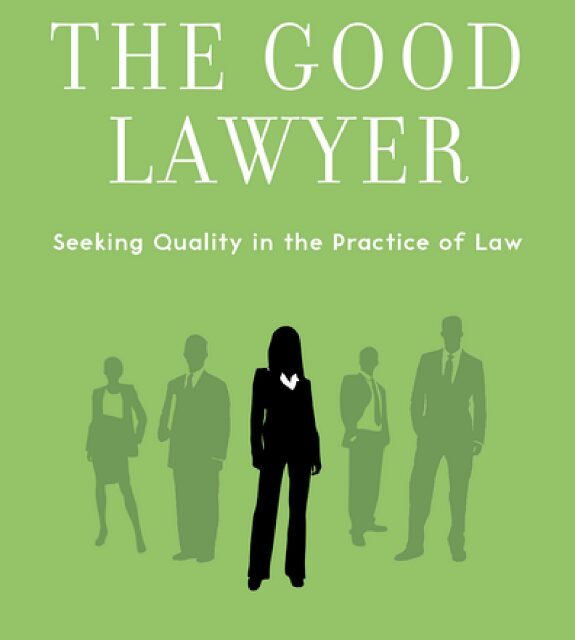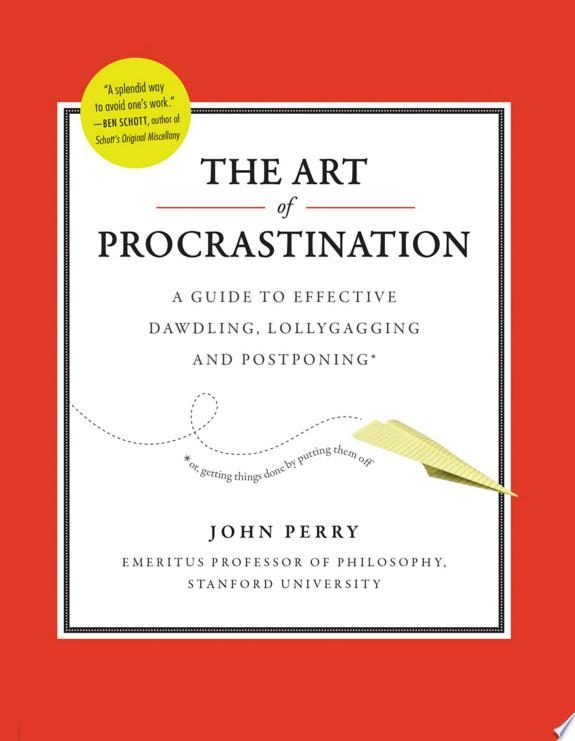Douglas O. Linder & Nancy Levit. THE GOOD LAWYER: Seeking Quality in the Practice of Law. Oxford University Press, 2014, with an enormous bibliography to be found in the footnotes. My exposition, commentary, and critique will be presented in several
parts. This one is on background and foundations.
This is Part III. Part I should be read first. It pertained to foundations, topics, and most important sources. Other parts concern other specific matters and will be organized by questions about, commentaries on, and therefore arguments from different chapters. Part II, already published, is about Chapter One of the book, and that chapter was about the good lawyer, empathy, and the good lawyers’ being empathetic. This one, Part III, is about Chapter Two, and it is about courage, being courageous, and being a good lawyer.
The Authors describe courage as to have three dimensions:
physical courage, moral courage, and psychological. They describe courage writ large as a “virtue.” I love this term, so long as it is kept distinct from virtual. It seems to me that all of the properties of good lawyers the authors discuss are virtues, but the word and hence the concept are most clearly employed in discussion. Of course, the book is describing several components of overall human virtue, if there is such a unified thing.
In other words, it is discussing a number of virtues. The authors submit that all of them are characteristic of all good lawyers. It
is appropriate to remember that virtues have for 2300 years, or so, usually been thought of in terms of “means,” which is something like an average. “Courage (both of the moral and physical variety) is best thought of as a mean between the extremes of timidity and recklessness.”
The idea of virtue as a “mean” comes from Aristotle when it comes to influencing in the history of philosophy. But while many big-time thinkers have thought of it that way, though in “Upper Crust Square,” in the monastery, or at the religious colleges (e.g., Notre Dame, Baylor, and so forth) at least some virtues were not thought of that way at all. Readers of nineteenth fiction know this well.
For many centuries, if a woman had sex with a man other than her husband, she was not a woman of virtue. If a married man had sex with a woman who was not a woman of virtue or hung around with her or them, he was not a man of virtue.
In any case, the authors, if only impliedly, think of them as linked to Aristotle, but does their concrete discussion really look like that? Is their idea that good lawyers have guts. This is an attractive and even inspiring idea, of course (I myself worshiped these ideas in my relative youth), but one wonders if the idea is tainted by the paradigm cases the authors emphasize: civil rights lawyers
and criminal lawyers defending unpopular defendants, where those defendants are deserving of defense and vindication?
These lawyers have guts, alright, though they may not be the only type, but what about the legions of lawyers who seem not to, the lawyer who do run of the mill plaintiff’s auto accident cases, relatively routine commercial real estate transactions, everyday corporate gatekeeping advice and counseling, routine dealings with state regulators where the client is trying to avoid administrative litigation, motions practice in complex litigation, appellate briefing and writing without
appearances, and so forth?
These are areas where courage does not shine, are they? The lawyers don’t have the real guts of the people the authors mention. Can’t such lawyers actually be quite good lawyers, excellent lawyers, and even great lawyers at what they do? The great appellate
lawyer is a truly extraordinary lawyer. These are surely not classifiable as “cowards,” which is often what people without courage are called, is it not? Indeed, might their position one the authors reckless to timid scale as having a mean within some range.
(Maybe I’m not being fair here. Maybe there are 50 degrees of measure. Maybe there is, contrary to what the authors say, reckless courage at one end and then complete cowardness—not just timidity–at the other end, and then lots of degrees along a scale in between? Or maybe that’s not fair either: how can reckless courage even be thought to exist? The authors appear not to think so.)
The authors have, from my point of view, within the authors’ framework, there are three instances of what they call “moral courage,” that are the most interesting.
The first one is telling a client that the worth of the case has been overestimated and that it would be advisable to discuss settlement or throwing in the towel. (If a client thinks it has $0 liability but has $1 liability, then the value of the client’s case has been overvalued.) The second is telling the client that s/he is much more at fault than s/he thought s/he was, or—at least—presented himself. (Of course, the client may be an “it” and not a s/he.) The third one is the lawyer confessing an error to the client. This last one does not happen often, and it takes real courage, as confessions often do.
A POSTSCRIPT:
David Brook wrote a column in NYT on 8/28/14 entitled “The Mental Virtues.” He listed the following: love of learning, courage, firmness, humility, autonomy, & generosity.
He says he got these from the 2007 book by two professors, Robert C. Roberts (Baylor University) and W. Jay Wood (Wheaton College) entitled INTELLECTUAL VIRTUES. The intellectual virtue of courage involves the willingness to hold the unpopular views and a refusal to jump to conclusions even when there are pressures in the opposite direction. “Intellectual courage is self-regulation. . . [that is,] knowing when to be daring and when to be cautious.”
The next topic is willpower. It matches up with courage quite well. As I see it, being courageous and having the habit of some sort of courageousness requires substantial will power and the same is true for having habits of courage.






Recent Comments